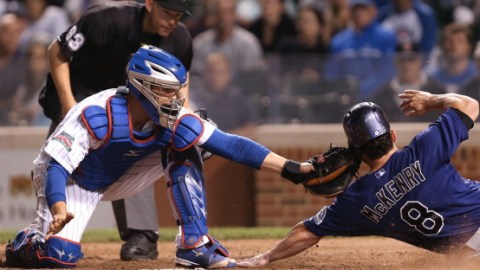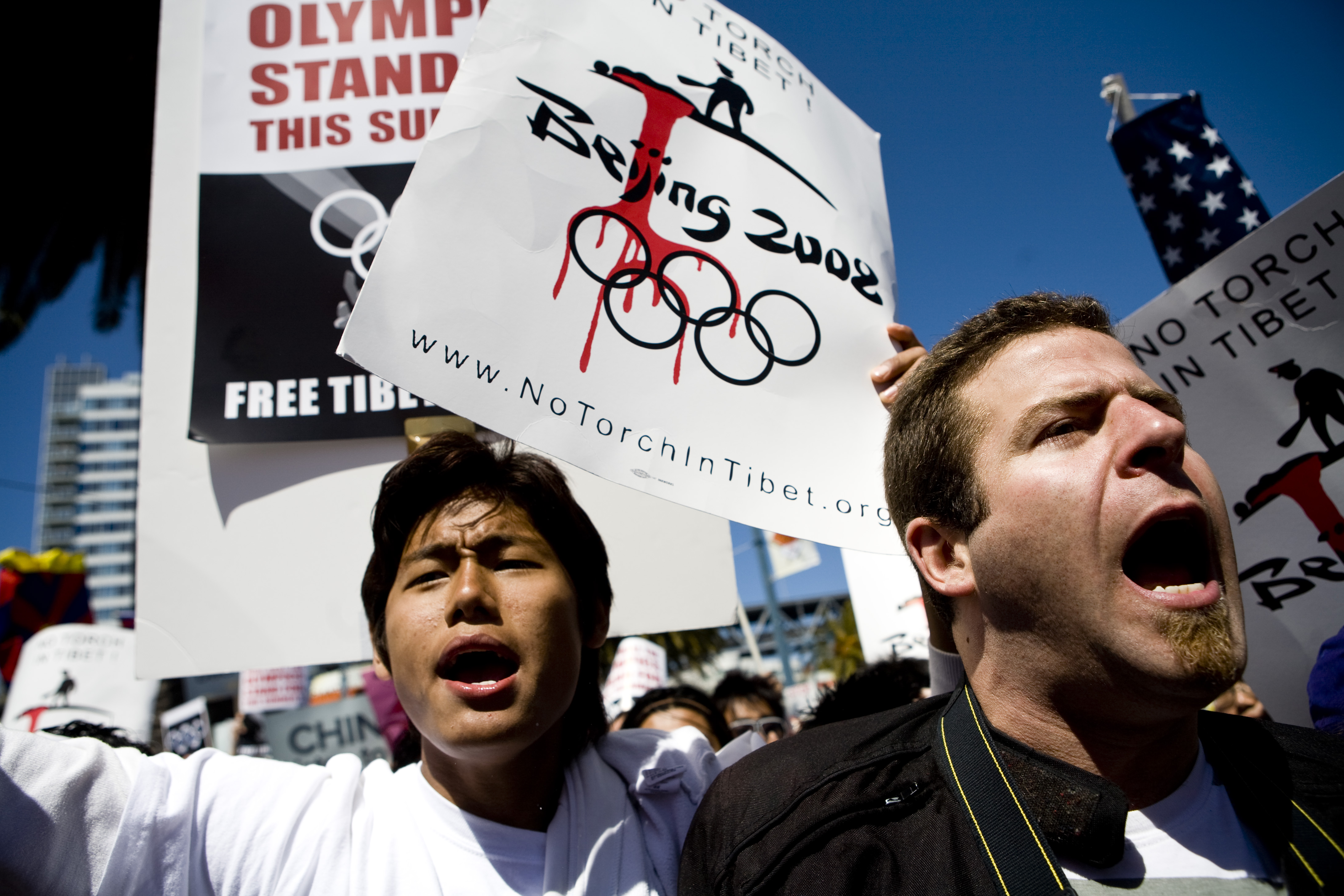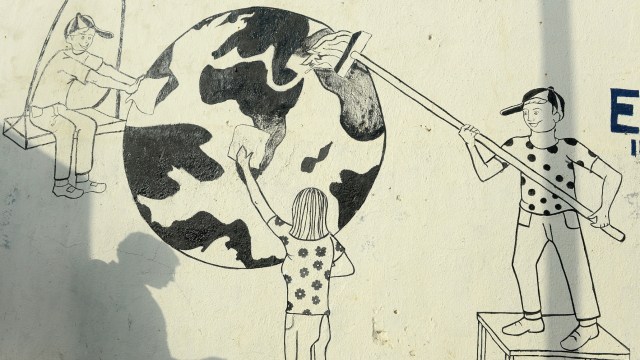Concepts of Sportsmanship Vary Across Cultures

I realize not all of you have a relationship with sports that’s as all-encompassing and unhealthy as mine, so let me get you up to speed: Much is made of athletes’ displays of sportsmanship (or lack thereof), whether they’re competing in the World Series, or picking grass in the outfield as members of The Yellow Team. Obviously, any attempts to cheat or injure an opponent are out of bounds, but some purists take it even further. Did you and your teammates exchange a few too many high-fives when you rounded the bases after that home run? You’d better watch out, because some gray-haired, cigar-chomping sportswriter (probably complete with fedora) will surely take you to task for disrespecting the game. “These guys and their egos are out of control! Back in my day, we used old milk cartons as gloves, and liked it! Think of the children!” It’s impossible for any devoted sports fan to avoid these “hot takes.”
Finally, someone has stepped forward with another angle on the sportsmanship issue, one that’s undoubtedly floated around in people’s heads, but hasn’t been given much of a voice. Seattle Mariners minor league catcher John Baker, who’s spent seven years in the majors with the Marlins, Padres, and Cubs, offered a bold and controversial thesis: “‘Play the game the right way’ actually means something very specific: ‘play the game MY way.'”
In his essay, Baker writes that a 2011 trip to the Dominican Republic changed his perception of sportsmanship. His teammates and opponents in Dominican baseball celebrated much more ostentatiously than his colleagues in Major League Baseball. And no opponents, fans, or umpires took exception to celebrations that would’ve violated the “unwritten rules” of stateside baseball.
The next day I asked some of the local players why they participated in what I’d been taught was excessive celebratory behavior. Their consensus answer was perfect and humbling. They explained that most of them hadn’t spent much time in school beyond fifth grade, and they practiced baseball all day because they didn’t want to chop sugar cane in the fields or do laundry at Casa De Campo, the main resort in town. Job opportunities were slim, and job opportunities with potential upside were nearly nonexistent. They weren’t flipping the bat to show up the pitcher. They were flipping the bat to show everyone watching that they appreciated where they were, and that they really, truly loved playing baseball. They pimped everything, and it was awesomely poetic.
Baker doesn’t argue that showmanship should flourish without limit, nor that what he saw in the Dominican Republic was more enlightened than the “American way.” It’s just different, and those differences exist for a reason. So, yeah, maybe some athletes are pretty full of themselves, and maybe they sometimes behave in ways that we’d be better off not to emulate. But I hope some of those fedora-wearing sportswriters read Baker’s words carefully. Their way isn’t the only way, and sportsmanship can come in many forms.
Visit Fox Sportsfor more, and check out this video from Freakonomics’Stephen Dubner on cheating in sports:





